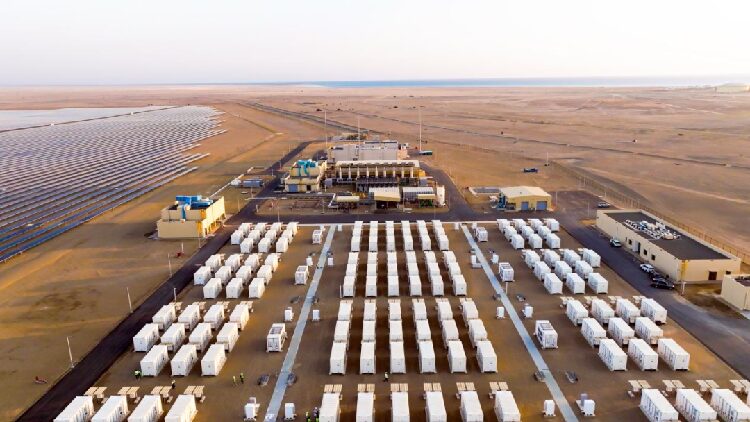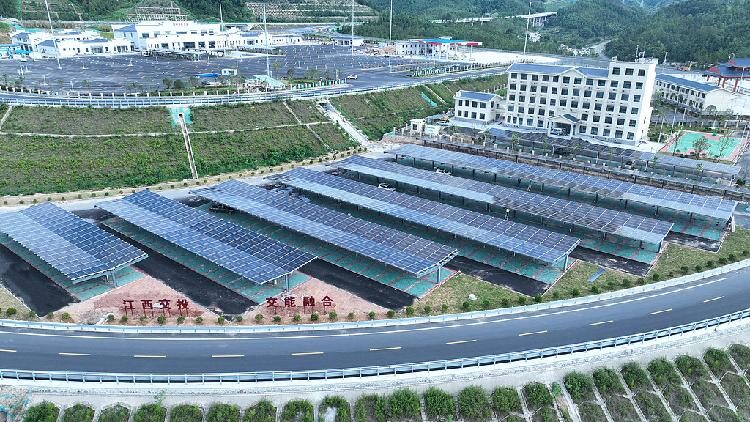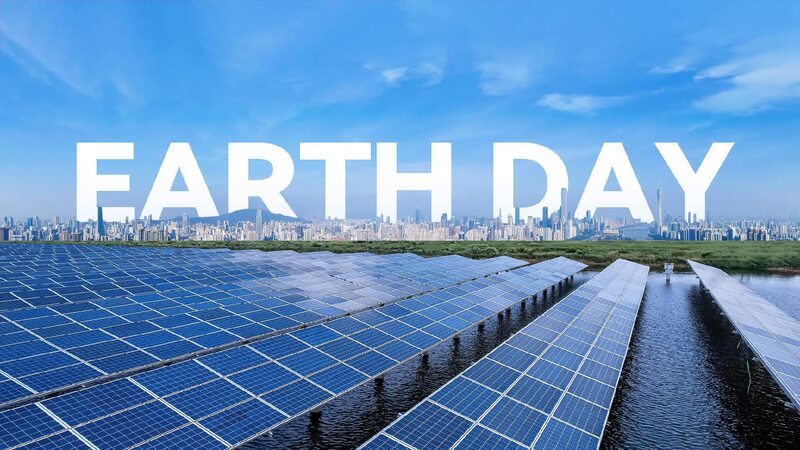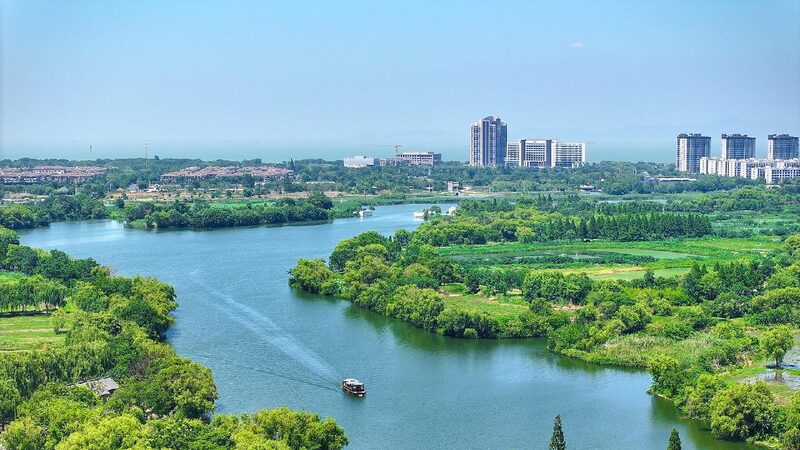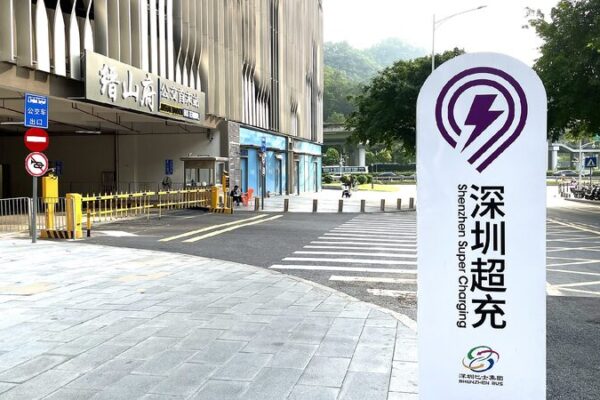Nestled along the Red Sea coast of northwest Saudi Arabia, Neom is a brand-new metropolis making waves in sustainable development. In June, it achieved a major milestone by completing a 1.3 GWh energy storage capacity—the world’s largest energy storage venture—powered by advanced technology from China.
This state-of-the-art system integrates renewable energy from wind and solar sources, alongside facilities like a seawater desalination plant and a waste management center. Together, they create a fully independent energy supply system for the city.
Launched in 2017, Neom’s energy storage project is a cornerstone of Saudi Arabia’s “Vision 2030” initiative. Aiming to provide 100 percent clean energy, the project is expected to generate up to 650,000 MWh of renewable energy annually upon completion, achieving zero carbon emissions and reducing nearly 500,000 tonnes of CO2 each year.
China’s collaboration with Neom is just one example of how it’s bringing expertise in renewable energy to other countries, promoting green and sustainable development globally.
Through initiatives like the Belt and Road Initiative (BRI), launched in 2013, China has boosted economic growth and connectivity among over 150 countries and 30 international organizations. By building key infrastructure such as railways, ports, and power grids, the BRI has enhanced trade efficiency, facilitated industrial upgrades, and generated substantial employment opportunities.
China also established the Asian Infrastructure Investment Bank (AIIB) as an open platform for international financial cooperation. With over $40 billion invested in more than 200 projects across 30 countries, the AIIB focuses on sectors like transportation, energy, water management, and urban development, supporting green energy transitions and addressing climate change.
At the recent G20 Summit, Chinese President Xi Jinping emphasized the importance of building a fair and equitable global governance system. He called on G20 members to improve global economic, financial, trade, and digital governance to build an open, innovative, green, and stable world economy.
China is also playing a constructive role in global security governance by proposing initiatives like the Global Security Initiative, mediating conflicts, and promoting dialogue. By facilitating the Saudi-Iran reconciliation and proposing solutions to the Ukraine crisis, China demonstrates its commitment to resolving disputes through dialogue, contributing to long-term global peace and stability.
Reference(s):
How is China shaping a fair, equitable global governance system?
cgtn.com
